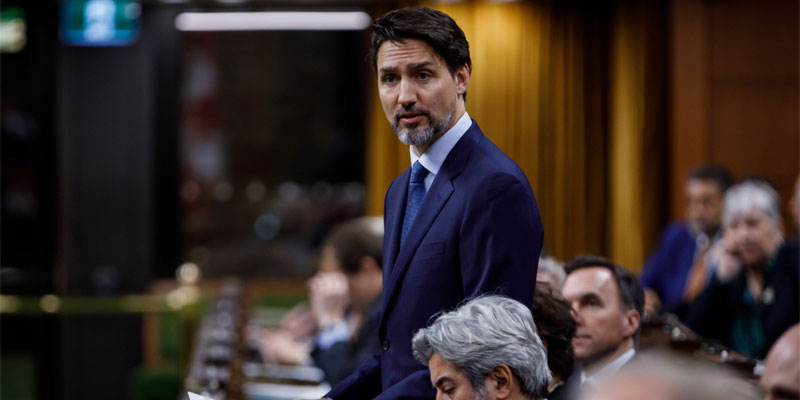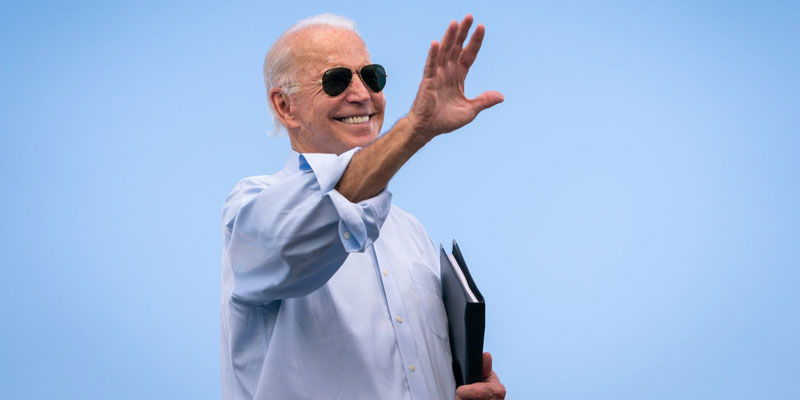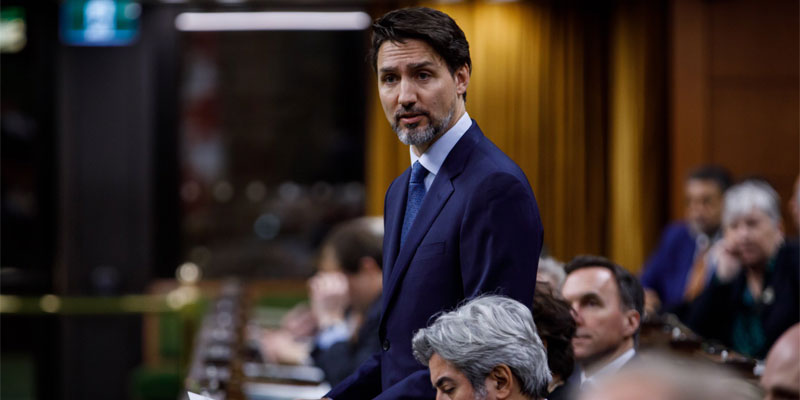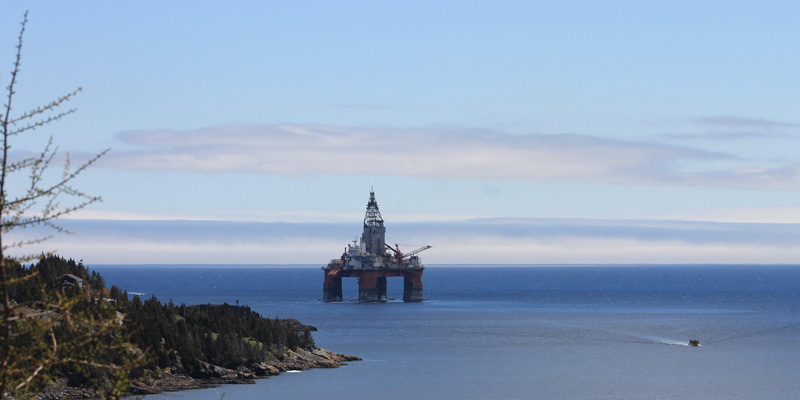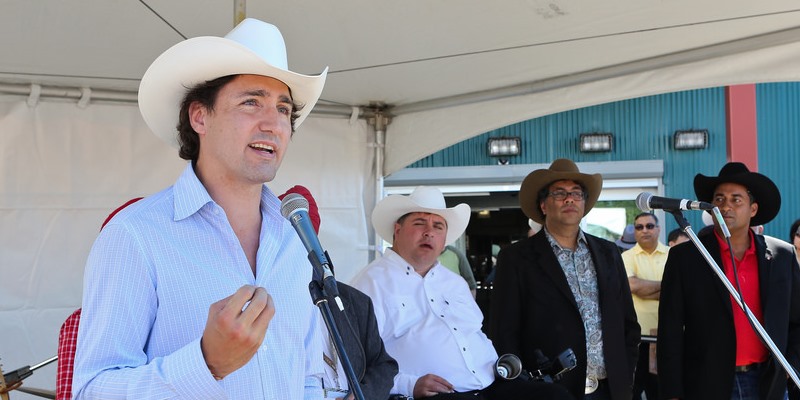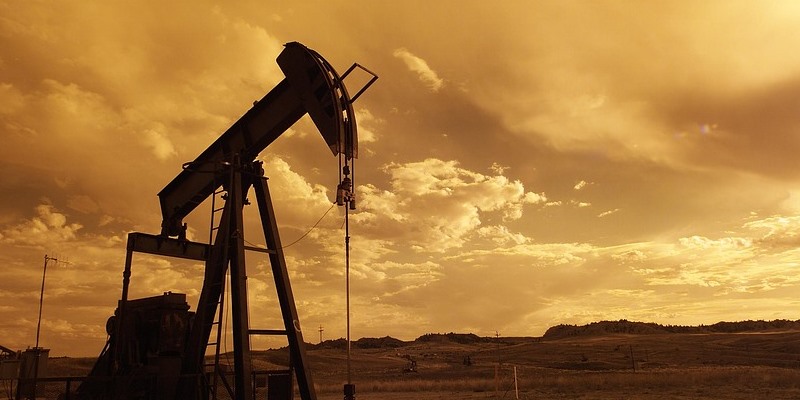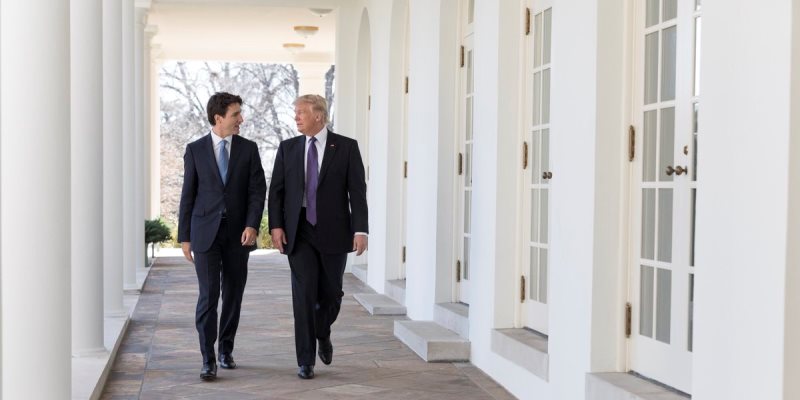There’s scant evidence the carbon tax has helped reduce greenhouse gas emissions.
energy policy
The president revoked the permit for Keystone XL, which would have brought 830,000 barrels per day of Albertan oil to the United States.
According to Ottawa's new rules, energy and transportation projects must show “net-zero” emissions by 2050.
Bill C-69 overhauled the entire environmental assessment of major projects and made the regulatory system more complex.
Investment in the energy sector could shrink by an additional 40 per cent this year.
Eighty per cent of respondents indicated that uncertainty around environmental regulations in Alberta was a deterrent to investment compared to only 9 per cent for Texas.
The subsequent higher electricity prices resulted in an estimated additional 1,280 deaths.
Washington eased federal vehicle emissions standards and repealed a regulation on hydraulic fracturing.
World oil consumption may expand to 100 million barrels per day in the next three months.
Capital spending in Canada’s oil and gas sector declined by more than 50 per cent between 2014 and 2017.

